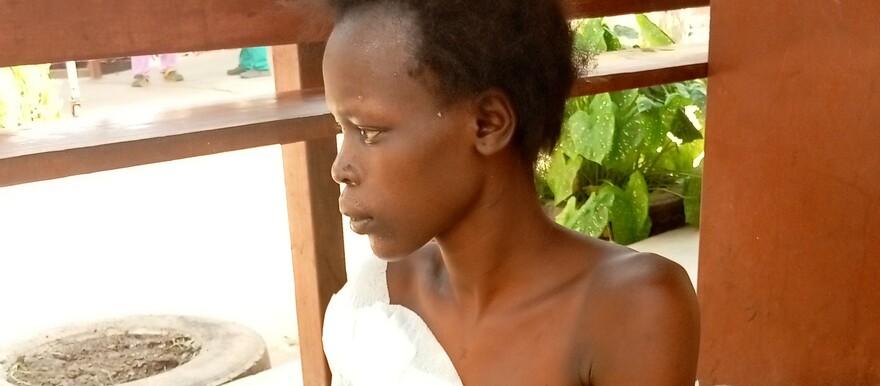A 20-year-old woman is nursing multiple gunshot injuries after her husband opened fire on her following a family dispute in Lainya County of Central Equatoria State, a relative has said.
Speaking to Radio Tamazuj on Friday, Chaplain Nemaya, a former Radio Miraya journalist, appealed to the national and Central Equatoria governments to bring the perpetrator who shot and injured his niece to book.
Nemaya said Viola Monday Jacob was shot six times last Saturday by her husband Arkangelo Kur in Limbe Boma of Lainya County over a family dispute. Viola’s limbs and arms have been seriously injured as a result of the multiple gunshots.
Viola, who was first taken to Yei hospital after the incident, is currently receiving medical treatment at Giyada Military Hospital in the capital, Juba.
According to Nemaya, Viola’s husband is left wandering at the army barracks in Limbe Boma and has not been arrested so far. Arkangelo Kur is a lieutenant in the Military Intelligence (MI) unit of the South Sudan People’s Defense Forces (SSPDF).
“There are some armed elements in the government system who, after committing such crimes, like shooting a civilian, are just left to move freely. This mistake makes the entire government to be blamed by the civil population! It also amounts to a failure of the justice system,” Nemaya said.
“Gender-based violence (GBV) is one of the most critical threats to the protection and well-being of women in South Sudan. The situation has become worse, especially among those owning guns, whether legally or illegally. I therefore call upon the two governments of Central Equatoria and the national to bring that criminal to face the law,” he appealed.
Lainya authorities could not immediately be reached for comment.
South Sudan accounts for the second highest prevalence cases of Gender Based Violence (GBV) in the East African region, according to a recent survey.
The study findings released in March last year revealed that Ruweng Administrative Area (43.1%), Warrap (39.7%), Eastern Equatoria (39.1%), Jonglei (39.1%) and Central Equatoria (38.6%) report the highest rates of physical violence in the country.




